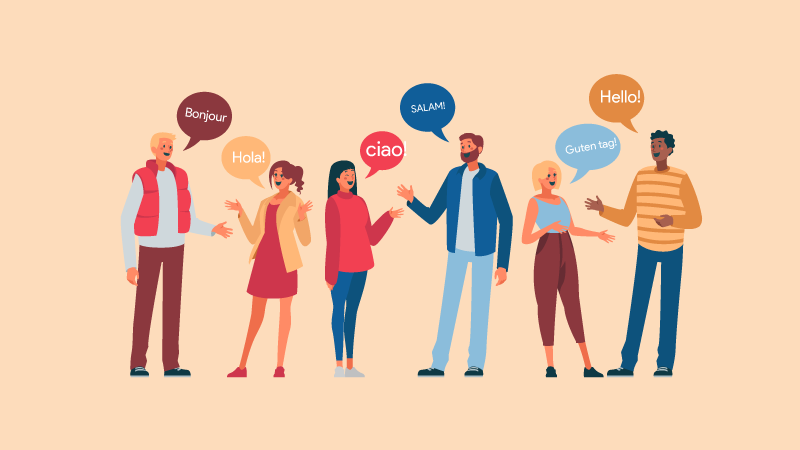The rise of artificial intelligence (AI) has sparked debates around the globe about its potential to replace human workers. With the advancement of machine learning, automation, and robotics, it’s easy to imagine a world where robots handle most tasks. However, despite AI’s remarkable abilities, it is unlikely to fully replace most human jobs. Instead, AI will complement and enhance human work, allowing for a more collaborative future. Here’s why.
1. Emotional Intelligence and Human Interaction
One of the key areas where AI falls short is emotional intelligence. Human jobs, especially those in fields like healthcare, customer service, and education, often require empathy, understanding, and nuanced judgment. For instance, a nurse can’t simply perform mechanical tasks; they also need to read a patient’s emotions, provide comfort, and communicate effectively in stressful situations. While AI can assist in administrative tasks, diagnostic support, or data analysis, it cannot replace the human connection that’s vital in these roles.
Take therapists, for example. While AI-driven apps may help with mental health screening or provide automated reminders for meditation, they cannot replace the nuanced therapy provided by a trained counselor. Human therapists can gauge body language, tone, and emotional shifts—something AI has not yet mastered.
2. Creative and Artistic Jobs
Creative jobs—writing, music composition, filmmaking, and even interior design—are another area where AI struggles to fully replicate human input. AI can assist by generating ideas, creating drafts, or suggesting improvements, but it lacks the personal touch, intuition, and deep understanding of culture that humans bring to the table. Consider the work of an artist: AI can create aesthetically pleasing pieces of art, but it lacks the ability to inject meaning, purpose, or personal experience into its creations.
AI may be used as a tool in creative industries to enhance productivity or explore new possibilities, but the raw human creativity behind works of art, stories, and performances is irreplaceable.
3. Complex Decision Making and Strategic Thinking
In many professional fields, strategic decision-making relies on understanding variables that are often subjective, unpredictable, or emotionally complex. CEOs, managers, and entrepreneurs need to consider market shifts, employee morale, customer feedback, and countless other factors that require human judgment and foresight. AI, while exceptional at analyzing data and identifying patterns, cannot replicate the intuition or the long-term vision of a human leader.
For example, a business owner navigating a market recession needs to weigh both numerical data and human impact. They might decide to lay off some workers, but they also need to consider how such a decision affects morale, long-term company culture, and the community. AI may suggest numbers, but it can’t truly grasp the human consequences of such decisions.
4. Jobs in Uncertainty and Adaptation
AI excels in repetitive, rule-based tasks—think manufacturing lines or data entry jobs—but it struggles in environments that require rapid adaptation to new, unexpected situations. Fields like construction, emergency services, and agriculture often present complex, real-world challenges that require quick thinking, flexibility, and improvisation. An AI system might be able to diagnose a building defect or predict crop yield, but it cannot adapt to sudden changes on the ground.
For instance, in construction, a team might be faced with unexpected weather conditions, site hazards, or design changes that require on-the-spot problem-solving. While AI could provide support in planning and prediction, it’s the humans on the ground who must adapt, adjust, and creatively solve these problems.
5. Jobs Requiring Ethical and Moral Decisions
Many professions, such as law enforcement, social work, and legal services, require decisions that involve ethical considerations, fairness, and an understanding of the broader social context. AI can assist with data analysis or provide predictive insights, but it cannot make moral judgments. A judge, for example, must consider not just the law but also the circumstances surrounding a case, personal history, and potential social consequences.
Additionally, AI systems can perpetuate biases present in their training data, leading to unfair outcomes. The human element in decision-making ensures that ethical considerations and empathy are brought to the forefront.









